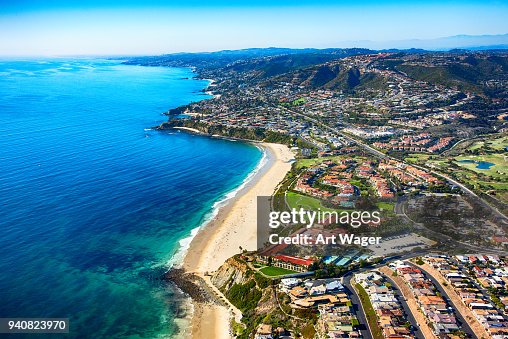Rancho Palos Verdes, an affluent neighborhood known for its ocean views and greenery, has been long susceptible to slow-moving landslides. For decades, the ground has shifted by a few feet each year due to unstable volcanic ash under the surface. Recent weather, particularly intense rainfall, has accelerated this movement, bringing disastrous effects.
On September 3rd, a landslide caused devastating damage. Roads were lifted, homes collapsed, and more than 200 households lost power. Governor Gavin Newsom declared a state of emergency shortly after, as residents watched their once stable homes sink into the ground or collapse on themselves. The damage was particularly severe along Dauntless Drive near the Portuguese Bend community, where several homes were destroyed or declared uninhabitable.
The sight of luxury homes on the verge of collapsing is becoming extremely common in Southern California and scientists are warning that this could be the new normal as climate change intensifies. Heavier rainfall and more frequent storms, fueled by a warming climate, are increasing the risk of landslides in coastal areas. Experts have noticed when areas with volcanic ash beds under the earth’s surface experience heavy rain, the ground turns into an unstable, slippery clay-like material.
Experts predict that as climate change progresses, landslides will become more frequent and destructive. In addition to natural factors, human activities also take a toll on landslide-prone areas. Development near unstable slopes, excessive watering for landscaping, and the removal of natural vegetation all contribute to the instability of the landscape. These practices disrupt the natural balance of the area, making it even more susceptible to future disasters.
The community now faces the difficult task of rebuilding in an area where the risk of future landslides remains high. Scientists and policymakers are struggling with how to address these challenges as landslides, once considered relatively rare, become a rapid threat to California’s coastlines.

















